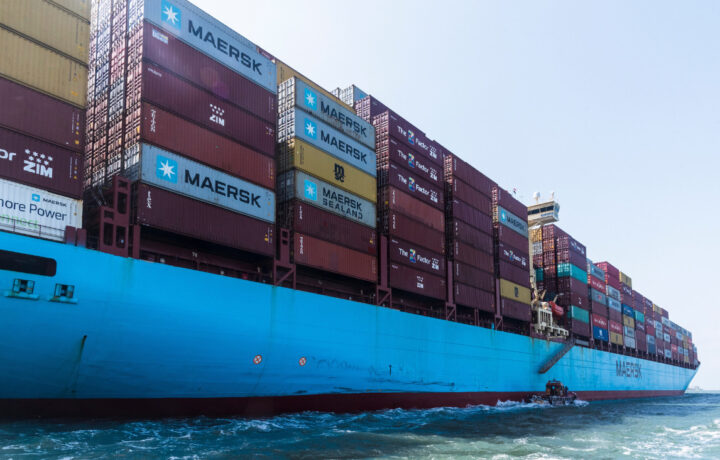Global oil company, Shell, has halted all shipments through the Red Sea due to concerns that the ongoing incidents in the area, will increase, as The Wall Street Journal reported. That report cited anonymous sources.
Last month, one of Shell’s tankers was targeted by the Houthis, shipping officials said. Shell did not confirm if that incident influenced the decision to suspend shipments in the sea. However, the decision comes after the U.S. advised commercial ships to avoid the Red Sea.
The Houthi militants recently struck a U.S.-owned merchant vessel, according to U.S. Central Command. An anti-ship ballistic missile hit the vessel, fired off the coast of Yemen on Monday. None of the crew, nor the ship, were seriously harmed in the attack.
These attacks are already impacting the global supply chain, which is causing a rise in freight prices, and delaying delivery times of products.
Other companies, such as Maersk and Cosco, also paused trips through the region last week.
“The rerouting of vessels is leading to longer transit times and increased costs,” Jon Gold, vice president of supply chain at the National Retail Federation, told CNBC. “Unfortunately, the longer the disruptions occur, the more challenges will arise in ensuring supply chain reliability and efficiency.”
The cost of diverted goods has reached over $280 billion, and due to the escalating tensions, Oil prices have risen and there is a risk of the cost spilling into the global economy.
This could also create a container shortage, an issue that has not been seen since the pandemic. The slowing of shipments, diverting of cargo, and more issues can create a lack of containers needed to transport goods, due to the containers not being where they need to be on time.
Mark Rhodes, regional director of ocean product for Asia-Pacific at Crane Worldwide Logistics, in an interview with CNBC, explained that containers arriving in Europe, after being rerouted or diverted, will still need to make it back to the manufacturing hotspots in Asia.
“The container shortage remains fresh in our memories from the COVID pandemic,” Rhodes said. “The outbound leg from Asia to Europe is just the beginning of what could be more turbulent times ahead in 2024.”




